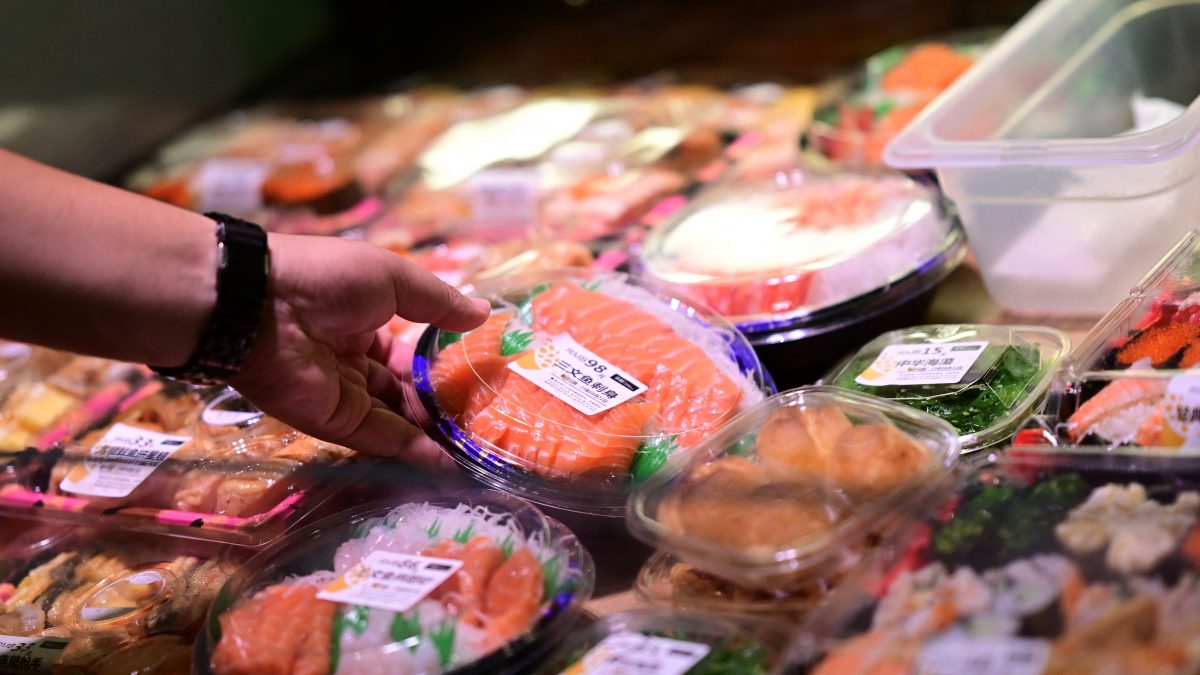China has announced a full suspension on all Japanese seafood imports, intensifying an already fraught diplomatic dispute between the two countries. The decision was first reported by Kyodo News and marks a sharp escalation in economic measures.
The move comes in response to recent provocative comments by Japan’s new Prime Minister Sanae Takaichi, who said that a Chinese attack on Taiwan threatening Japan’s survival “could trigger a military response.” Beijing strongly rebuked the remarks and demanded a retraction, while also advising its citizens to avoid travel to Japan —a warning that has already contributed to a surge in cancelled trips.
This isn’t the first time Beijing has restricted seafood imports from Japan.
In August 2023, China instituted a blanket ban following the release of treated wastewater from the Fukushima nuclear plant. Then, earlier this year, Beijing partially eased the ban to allow imports from select Japanese regions—but the latest decision reverses that opening.
According to Kyodo News, China told Japan the renewed ban is needed because further monitoring is required of the Fukushima water release.
A spokesperson for China’s Foreign Ministry, Mao Ning, reiterated the country’s commitment to stringent food safety measures, saying China will continue both international monitoring and its own independent sampling of Japanese aquatic products.
“Should any risks be identified, necessary import restriction measures will be implemented immediately in accordance with the law,” she warned.
For Japan, the implications are significant.
Prior to the dispute, China accounted for more than 20% of Japan’s seafood exports, particularly scallops and sea cucumbers—making the Chinese market vital for Japanese fisheries.
Quick Reads
View AllAt present, Chinese officials have not responded directly to requests for comment on the latest ban. Similarly, Japan’s agricultural authorities have remained silent on the new development.
)